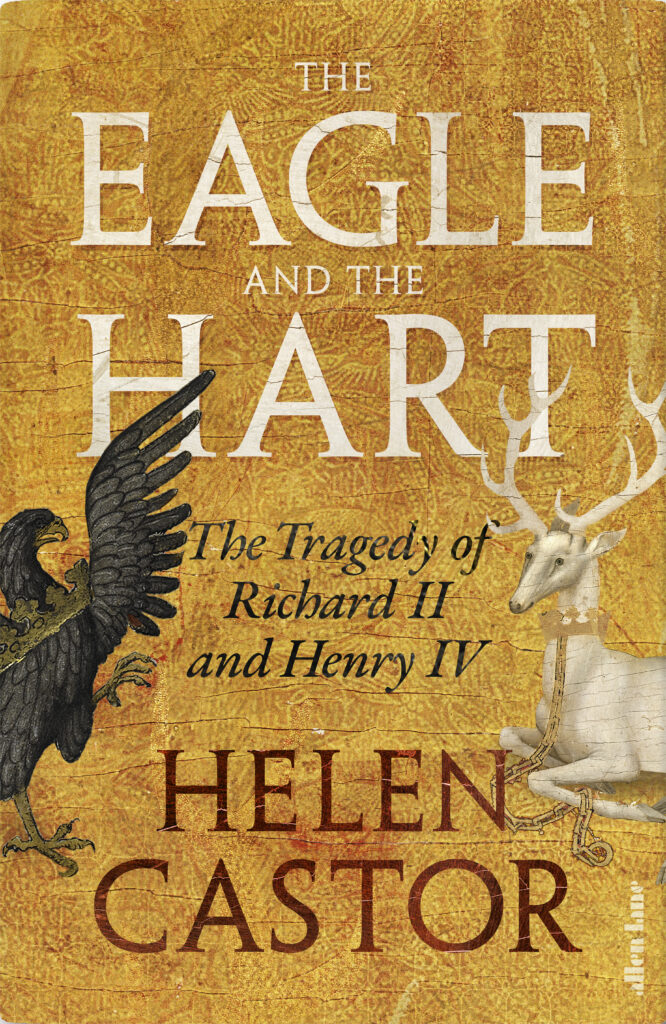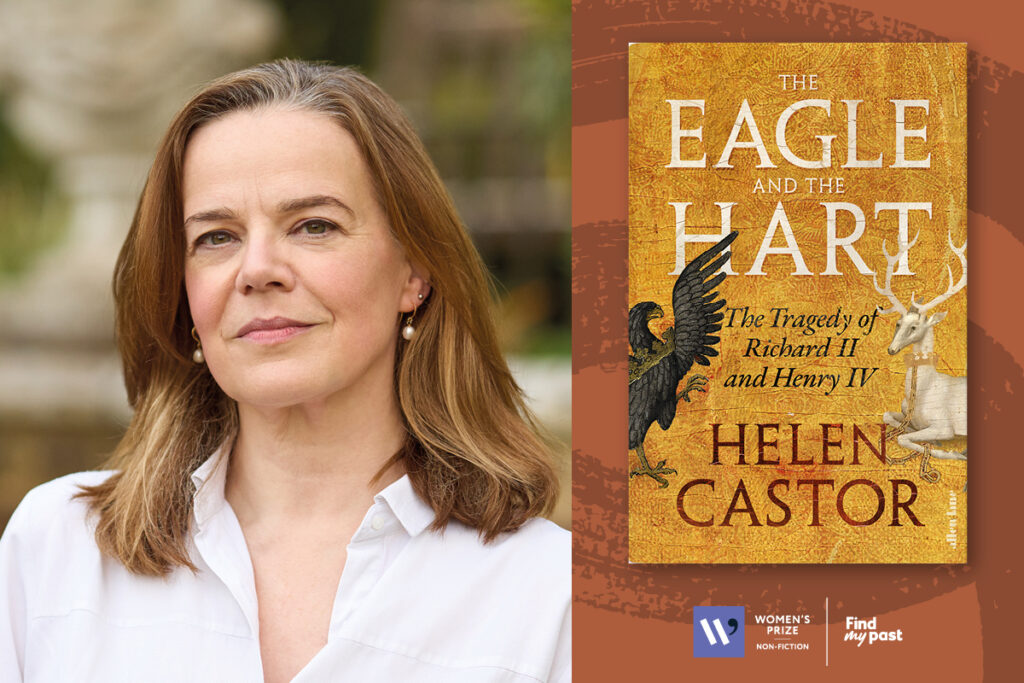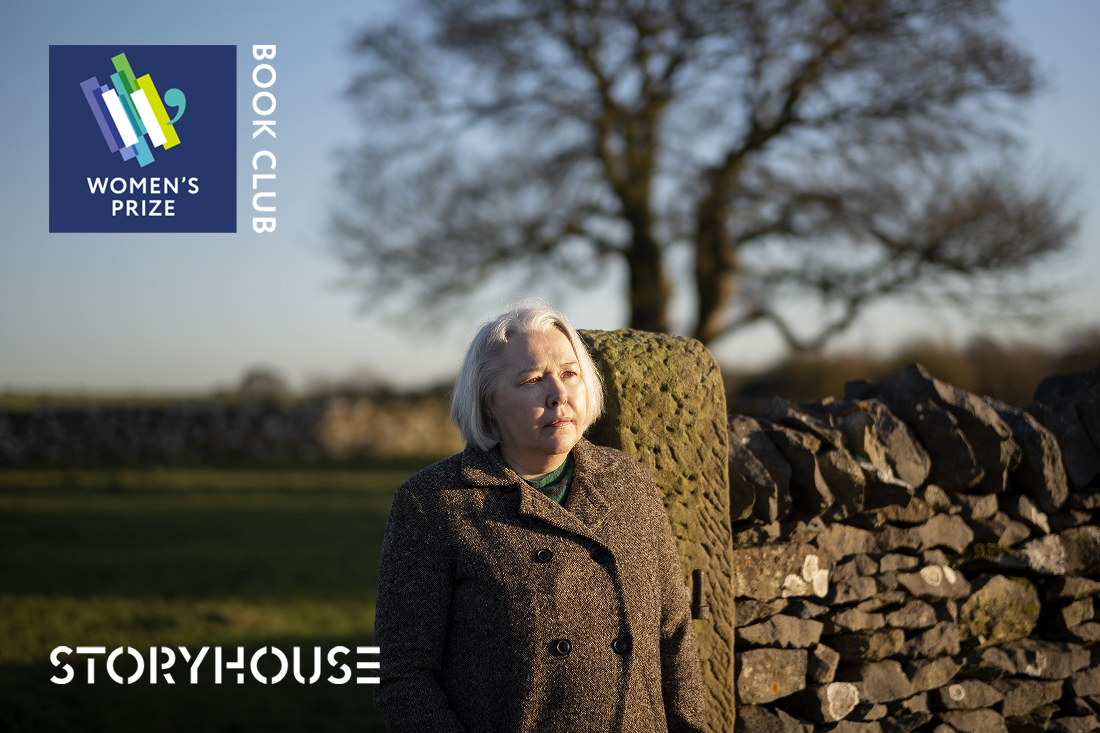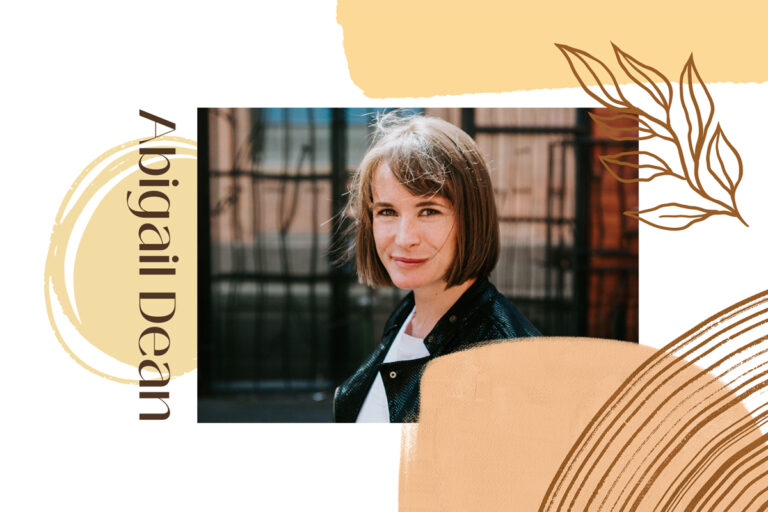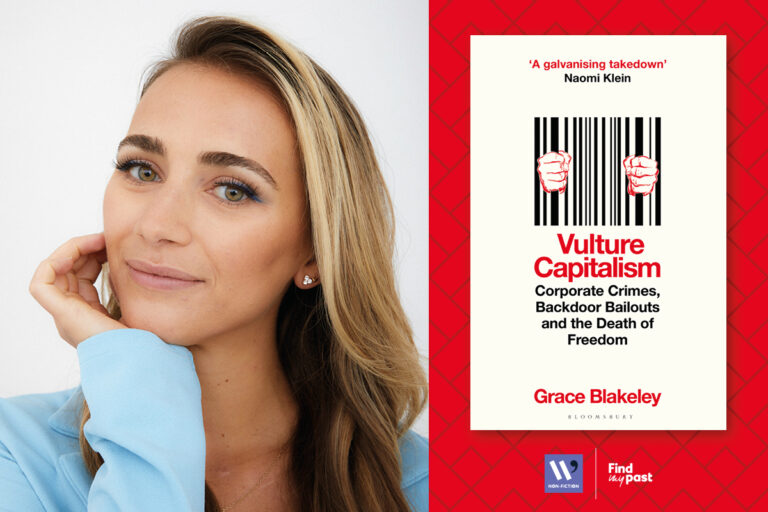The Eagle and The Hart: The Tragedy of Richard II and Henry IV by Helen Castor chronicles the lives and reigns of the two kings, illuminating the power struggles of medieval England with all its contemporary resonances.
Longlisted for the 2025 Women’s Prize for Non-Fiction, judge Dr Leah Broad says: ‘A timely and thrilling study of political power focused on two very different kings, Richard II and Henry IV. They are vividly brought to life in astonishing detail, brilliantly evoking this period in British history.’
To find out more about the book we spoke to Helen about her writing, inspiration and current reads.
How would you describe your book to a new reader?
It’s the story of two medieval kings of England: first cousins, almost exactly the same age, one with the right to rule but none of the qualities of leadership, the other a born leader but not the rightful heir. It’ the story of what happens when kingship becomes tyranny – a study of the psychology of power, and the limits of rule and resistance.
Did you have any revelation moments when writing your book? When the narrative and your objectives all fell into place?
There was no eureka moment. I’d been thinking about the book for a long time, so the skeleton was there; the challenge was to put flesh on the bones, in the hope that one day it might live and breathe. I suppose the nearest feeling was the moment I felt I could stop – when I knew I’d done as much as I could.
What is the one thing you’d like a reader to take away from reading your book? Is there one fact from the book that you think will stick with readers?
That’s a difficult question. I’m always trying to show more than tell, to leave room for the possibility of responses and interpretations that might be different from mine. But perhaps a reminder that no political structures or norms are immutable or eternal, if someone in power sets out to break them, and that the attempt to save them might mean breaking more, in unpredictable ways. And one fact that might stick with readers: I’m not sure, but I suspect it might be that Richard II – or more likely his tailor Walter Rauf – seems to have invented the handkerchief.
How did you go about researching your book? What resources did you find the most helpful?
For me, research and writing go hand in hand from beginning to end. I don’t have a book without research, and the writing shows me where I need to go next, like headlights on a dark road. One particular revelation, and pleasure, for this book was the range of material in the online edition of the Parliament Rolls of Medieval England. It’s an extraordinary work of scholarship: the original text of the records of medieval parliaments, with parallel translation and expert introductions. I knew it would be invaluable, but I learned so much more even than I’d expected.
Which female non-fiction author would you say has impacted your work the most?
As a historian, my mentor and friend Christine Carpenter. Without her work, mine couldn’t have started. As a writer, Hilary Mantel.
What is the best piece of writing advice you have ever received?
My editor, Thomas Penn, is a superb historian, and he helped me see that one thing I was already trying to do requires complete commitment: that is, if you’re trying to write an account of human experience, you cannot, for a moment, mess with chronology. None of us know what’s about to happen.
Is there a non-fiction book you recommend all the time? If so, what is it and why do you recommend it?
I don’t think I recommend anything *all the time* – I’m always so aware that my perspective might not dovetail with what someone else is looking for – but I deeply love and am constantly challenged by Hilary Mantel’s memoir and essays. I go back again and again for her ferocious thought and wit and insight, and for the writing, which (as Kathryn Hughes, another writer I admire immensely, has said) ‘is simply astonishing’ – clear and true.
What are you currently reading?
I’ve just finished Bleak House, now reading Moby-Dick. Trying to catch up with some giants, and escape into some other worlds.
